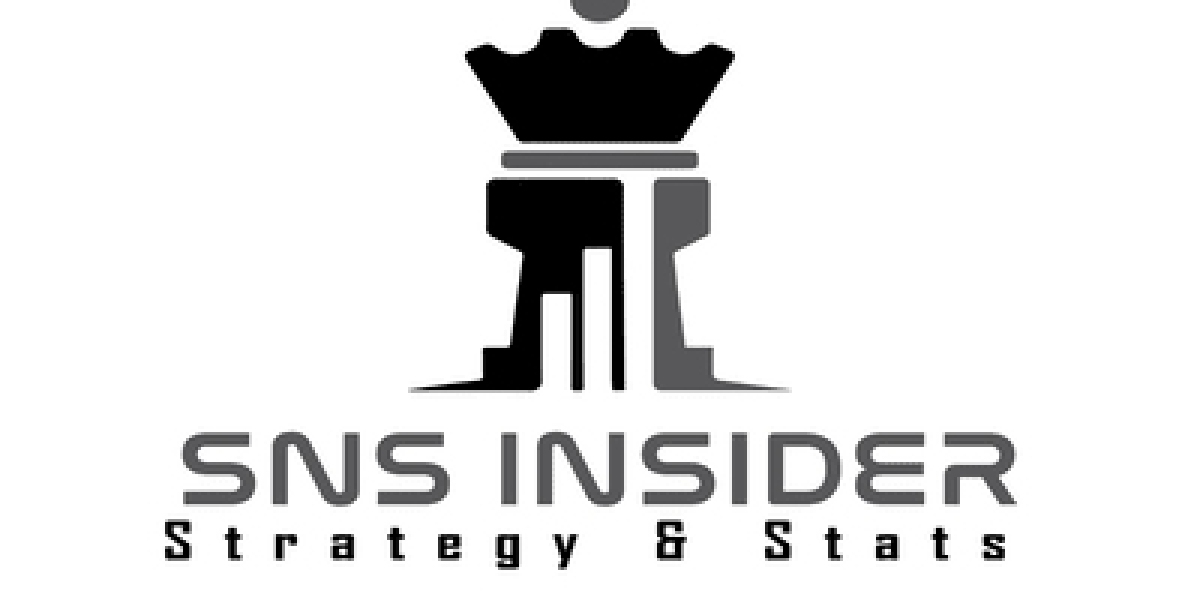In today's complex and interconnected global supply chains, efficient management is paramount to ensure business success. Supply Chain Management (SCM) SAP modules offer a comprehensive suite of tools and functionalities that empower organizations to optimize their operations, reduce costs, and improve customer satisfaction. For supply chain professionals, mastering these modules has become an essential skill to stay competitive and drive innovation.
Understanding SCM SAP Modules
SCM SAP modules encompass a wide range of applications designed to address various aspects of supply chain management. These modules work together seamlessly to provide a holistic view of the entire supply chain, from procurement to delivery. Some of the key SCM SAP modules include:
- SAP EWM (Extended Warehouse Management): Optimizes warehouse operations by managing inventory, storage locations, putaway strategies, and picking processes.
- SAP TM (Transportation Management): Manages transportation activities, including freight planning, routing, scheduling, and freight settlement.
- SAP PP (Production Planning): Plans and schedules production activities, manages materials requirements, and controls inventory levels.
- SAP QM (Quality Management): Ensures product quality throughout the supply chain by managing inspections, quality control, and corrective actions.
- SAP SD (Sales and Distribution):: Manages sales orders, pricing, delivery, and customer invoicing.
- SAP MM (Materials Management): Manages procurement, inventory, and vendor relationships.
Benefits of Mastering SCM SAP Modules
- Enhanced Efficiency and Productivity: SCM SAP modules streamline processes, reduce manual tasks, and improve overall operational efficiency. By automating tasks and providing real-time data, organizations can achieve significant cost savings and improve productivity.
- Improved Decision Making: The modules provide valuable insights and analytics that support informed decision-making. By analyzing data on inventory levels, transportation costs, and customer demand, supply chain professionals can identify areas for improvement and optimize their strategies.
- Enhanced Customer Satisfaction: Efficient supply chain management leads to improved customer satisfaction. By ensuring timely delivery, accurate order fulfillment, and high-quality products, organizations can build strong relationships with their customers.
- Risk Mitigation: SCM SAP modules help organizations identify and mitigate risks throughout the supply chain. By monitoring inventory levels, managing transportation risks, and ensuring compliance with regulations, businesses can minimize disruptions and protect their bottom line.
- Competitive Advantage: Mastering SCM SAP modules can give organizations a competitive edge. By optimizing their supply chains, businesses can reduce costs, improve time-to-market, and differentiate themselves from competitors.
Key Skills Required for SCM SAP Professionals
To effectively utilize SCM SAP modules, supply chain professionals need a combination of technical and functional skills. These include:
- SAP Knowledge: A solid understanding of SAP ERP and related modules is essential.
- Supply Chain Management Fundamentals: Knowledge of supply chain concepts, processes, and best practices.
- Business Process Analysis: The ability to analyze business processes and identify areas for improvement.
- Data Analysis: Skills in data analysis and reporting to extract insights from SAP data.
- Problem-Solving: The ability to troubleshoot issues and find solutions to complex supply chain challenges.
- Project Management: Skills in project management to implement and maintain SCM SAP solutions.
- Continuous Learning: The supply chain landscape is constantly evolving, and staying updated with the latest trends and technologies is crucial.
- Adaptability: The ability to adapt to changing business needs and technologies is essential in the fast-paced world of supply chain management.
Career Opportunities with SCM SAP Modules
Proficiency in SCM SAP modules opens doors to a wide range of career opportunities in supply chain management. Some common roles include:
- Supply Chain Analyst: Analyzes supply chain data to identify trends, optimize processes, and improve performance.
- Supply Chain Planner: Develops and implements supply chain plans to ensure efficient material flow.
- Supply Chain Manager: Oversees the entire supply chain, from procurement to delivery.
- SAP SCM Consultant: Implements, configures, and supports SCM SAP modules for clients.
- SAP SCM Architect: Designs and develops SAP SCM solutions to meet specific business requirements.
- Supply Chain Transformation Specialist: Leads initiatives to transform and optimize supply chains using SAP technology.
Best Practices for Mastering SCM SAP Modules
- Start with the Basics: Begin by understanding the core concepts and functionalities of SCM SAP modules.
- Gain Hands-On Experience: Practice using the modules in a simulated or real-world environment to develop practical skills.
- Seek Certification: Consider obtaining SAP certifications to validate your expertise and enhance your career prospects.
- Stay Updated: Keep up with the latest developments and best practices in SCM and SAP technology.
- Network with Other Professionals: Connect with other SCM professionals to share knowledge, learn from experiences, and explore career opportunities.
Additional Considerations
- Industry-Specific Knowledge: While SCM SAP modules are versatile, having industry-specific knowledge can enhance your value as a professional. For example, understanding the unique challenges of the retail or manufacturing industry can make you a more effective supply chain manager.
- Data-Driven Decision Making: The ability to leverage data analytics and insights from SCM SAP modules is crucial for making informed decisions and driving continuous improvement.
- Ethical Considerations: Supply chain professionals must be aware of ethical considerations, such as sustainability, fair trade, and human rights, when making decisions.
Conclusion
SCM SAP modules are indispensable tools for supply chain professionals seeking to optimize their operations, improve efficiency, and drive business success. By mastering these modules, you can enhance your career prospects, contribute to organizational growth, and stay ahead in the competitive landscape of supply chain management.









